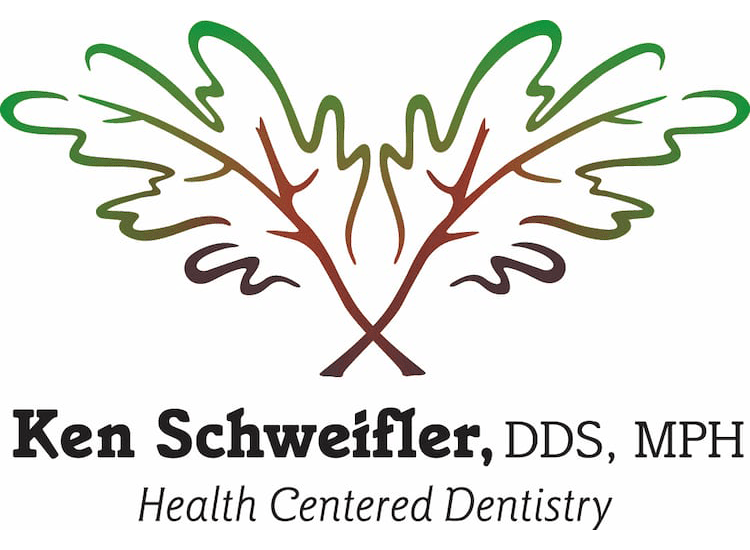If you have stains on your teeth, you might feel incredibly self-conscious about the discoloration on your smile. To restore your confidence and self-esteem, you might be looking for a quick way to make your smile pearly white again.
Your local shop may sell over-the-counter teeth whitening solutions that can address some types of dental discoloration. But you can achieve better results when you whiten your teeth with help from your dentist.
A beautiful and natural-looking finish to your smile enhancement treatment is priceless. But if you expect hassle when you book an appointment at your dentist’s office, you will be pleasantly surprised. Whitening your teeth with your dentist will prove much simpler than you might guess.

Flexible Teeth Whitening Schedule with Take-Home Kits
One reason people might want to try a store-bought teeth-whitening treatment before visiting their dentist’s office is the convenience factor. They think they can get a brighter smile on their own without waiting for an appointment with their dentist when they purchase a product from a shop.
But your dentist’s teeth whitening treatment offers more flexibility than you may imagine. The treatment involves a consultation first, along with obtaining an impression of your teeth. Then the dentist uses the impression to build custom trays that fit your unique smile.
You take these trays home and fill them with professional-grade bleaching gel. Wear them as directed from the comfort of your home and on your schedule to gradually brighten your tooth color. The capability of completing this treatment on your own time eliminates the hassle and stress of re-working your busy day.
Even Appearance with Precise Teeth Whitening Treatment
While the bleaching ingredients in over-the-counter whitening products can treat some dental stains, it offers a one-size-fits-all approach. This means that the product cannot address the specific needs of your smile. This can result in a spotty or unsuccessful brightening effect on the teeth.
Dentists create whitening trays for patients on an individualized basis, guaranteeing their secure fit. This ensures that the bleaching product is administered evenly across the teeth. Then you can see enhanced and balanced results in your pearly white smile.
Some types of dental discoloration will not respond to bleaching treatments. Your dentist will evaluate your dental structure prior to whitening treatment so that they can offer you a path to successful smile enhancement. They may offer porcelain veneers or other alternative cosmetic treatments to get you the smile of your dreams.
Improved Safety During Smile Enhancement with Your Dentist
Teeth whitening is a perfectly safe treatment, but you can minimize potential side effects from the process with supervision from your dentist. Bleaching ingredients can irritate your gum tissue or your tooth enamel if not administered to your teeth properly.
The custom fit of your dentist’s whitening trays ensures healthy coverage of the bleaching gel. This way, it will not reach your gums to hurt them. And when you follow your dentist’s instructions about how long to wear the trays, you can achieve the best results without negatively affecting your dental health.
